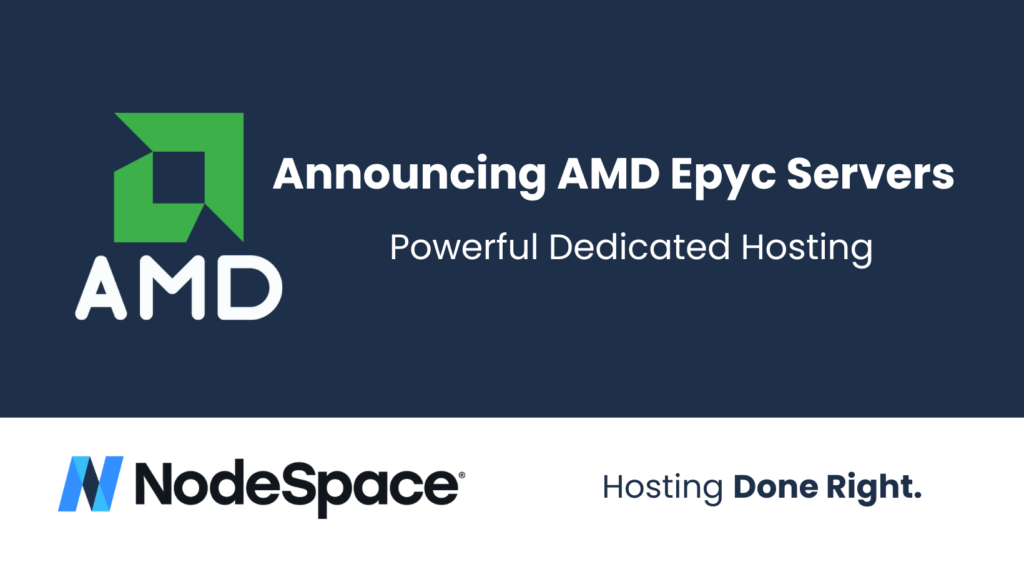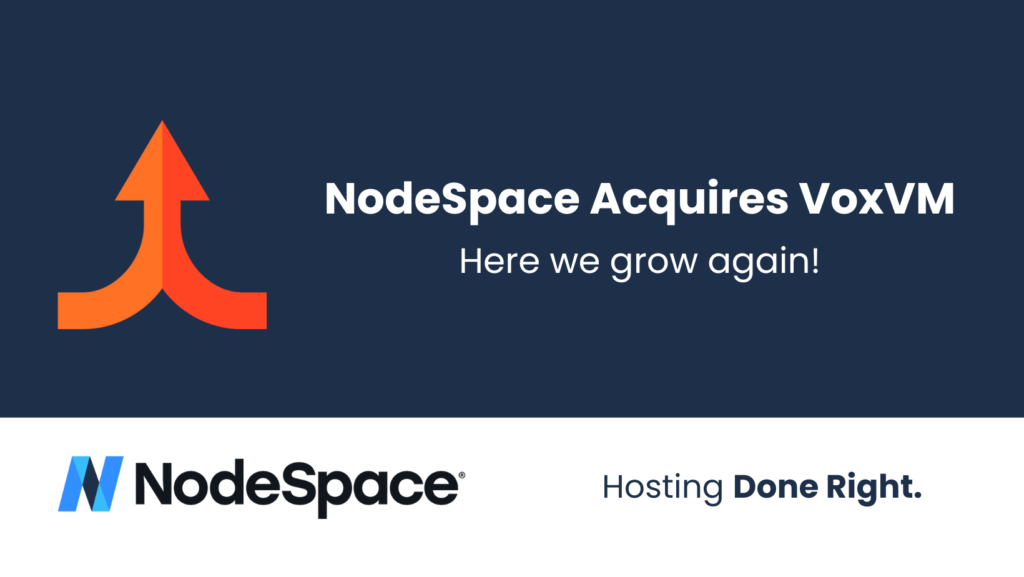Proxmox Server Solutions GmbH has released Proxmox Virtual Environment 8.0, a server virtualization management platform. This major release is based on Debian 12 and offers a smooth upgrade path for users of Proxmox VE 7.4 or older versions. Proxmox VE 8.0 incorporates several updates, including a newer Linux kernel (version 6.2), and the latest versions of QEMU, LXC, ZFS, and Ceph Quincy.
Key highlights of Proxmox Virtual Environment 8.0 include:
1. Ceph Enterprise repository integration: Proxmox VE now fully integrates Ceph Quincy, enabling the management of Ceph storage directly from any cluster node. This simplifies the setup and management of a hyper-converged infrastructure.
2. Authentication realm sync jobs: Users and groups can be automatically synchronized for LDAP-based realms, such as LDAP and Microsoft Active Directory. This feature reduces configuration errors and simplifies management.
3. Network resource management: Software-defined Networking (SDN) resources can be defined as objects in the access control subsystem (ACL). This allows fine-grained permissions for host network bridges and VNets, granting specific users and groups access to them.
4. Resource mappings: Mappings between resources (e.g., PCI(e) or USB devices) and nodes in a Proxmox VE cluster can be created and managed through the API and web interface. This enables offline migrations for virtual machines (VMs) with passed-through devices, enhancing flexibility.
5. Secure lockout for Two-factor authentication/TOTP: User accounts with excessive failed login attempts for the second factor authentication are locked out for one hour. This protects against brute-force attacks. Recovery keys or manual administrator intervention can unlock the accounts.
6. Text-based user interface (TUI) for the installer ISO: A new text-based user interface option is available during installation, which helps address compatibility issues on newer and older hardware.
7. Default CPU type: The x86-64-v2-AES model is set as the default CPU type for VMs created via the web interface. It offers additional features and improves performance compared to qemu64/kvm64.
Proxmox Virtual Environment is open-source software under the GNU Affero General Public License, v3. The software can be downloaded for free from the Proxmox website. Upgrade instructions from previous versions and installation on Debian are provided. For enterprise users, Proxmox offers a subscription-based support model, providing access to the Enterprise Repository, regular updates, and technical support at a starting price of EUR 105 per year and CPU.
You can read the full press release here or order a dedicated server with Proxmox VE from NodeSpace.


